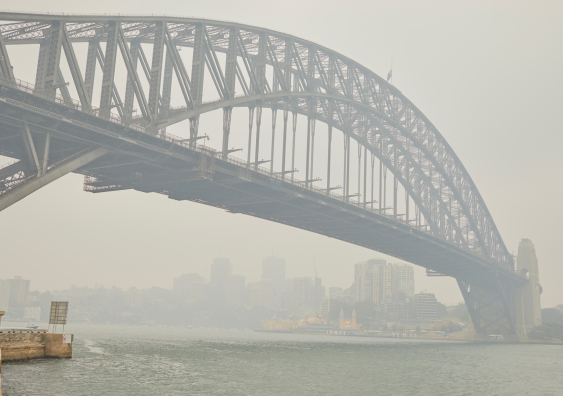3,200 deaths a year: 1 of many reasons air pollution in Australia demands urgent national action
Reducing air pollution is one of the best investments for Australians’ health, the environment, the economy and social equity. But achieving cleaner air requires a new approach from government.


